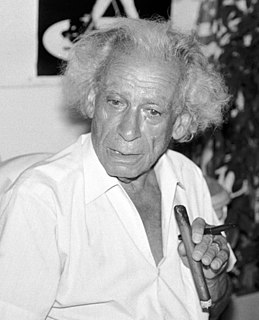A Quote by Jonas Mekas
In narrative cinema, a certain terminology has already been established: 'film noir,' 'Western,' even 'Spaghetti Western.' When we say 'film noir' we know what we are talking about. But in non-narrative cinema, we are a little bit lost. So sometimes, the only way to make us understand what we are talking about is to use the term 'avant-garde.'
Related Quotes
When I was making these damned pictures, I never knew about film noir. If you had asked me about it then, I probably would have pointed to something like Bill Wellman's The Ox Bow Incident, the best Western I ever saw and very much in the style of film noir I don't care if it's a mystery story, a Western, or the story of Julius Caesar. To me it's the emotion, the lies, the double-cross that defines what kind of drama it is.
I think that's true of all cinema, that's why cinema is the great humanistic art form. Whatever the film is, it doesn't matter what the film is about, or even whether it's a narrative or figurative film at all, it's an invitation to step into somebody else's shoes. Even if it's the filmmaker's shoes filming a landscape, you go into somebody else's shoes and you look out of their lens, you look out of their eyes and their imagination. That's what going to the pictures is all about.
To me, a revolutionary film is not a film about a revolution. It has a lot more to do with the art form. It's a film that is revolting against the old established language of cinema that had been brainwashing the people for decades. It is a film that is trying to find ways to use sound and image differently.
For people to understand, you can't speak 'cinema.' Cinema doesn't have alphabets, so you have to go to the local language. Even in England, if they make a movie in London they have to make it in the Cockney accent, they can't make a film with the English spoken in the BBC. So cinema has to be realistic to the area that it is set in.
I think noir is an immensely powerful - and elastic - lens through which to look at narrative and character. It seems to access something dark and true in us that other modes of fiction are often a bit prissy about touching. But the key to making it work as time and culture moves on is to use the elasticity, not just the power.

































